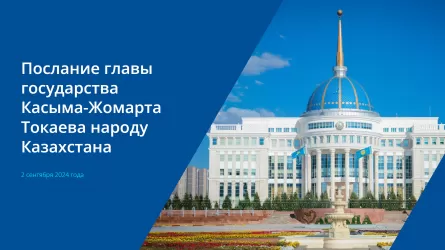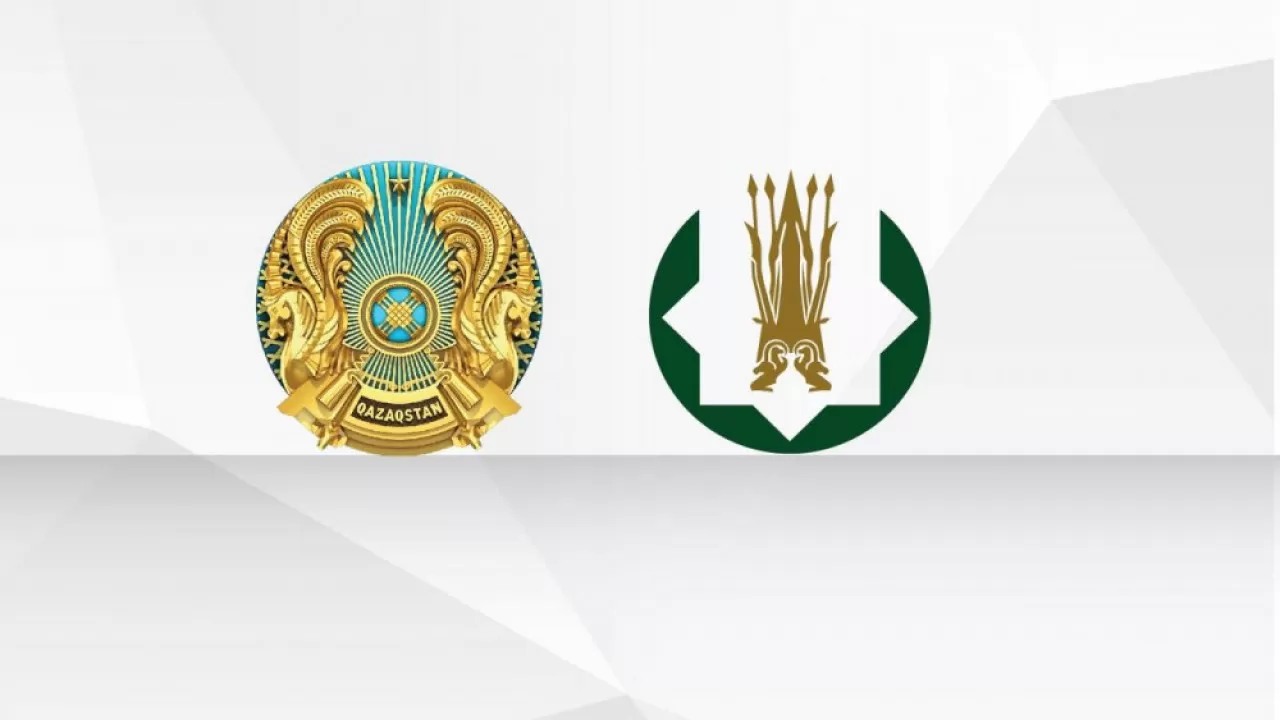On February 4, 2022 the credit rating agency Fitch Ratings affirmed the sovereign credit rating of the Republic of Kazakhstan at “BBB”, with a "Stable" Outlook that reflects strong fiscal position and external balance sheet.
The agency noted that, despite the January unrest that took place in the country, its effect on the growth trajectory of the economy as a whole is insignificant. GDP growth in 2022 is projected at 3.9%. According to the agency, the planned increase in oil production in line with the OPEC + agreement, the growth of global demand for natural resources, investments in large energy projects, as well as recovery of agricultural output will support the growth of the Kazakh economy.
The main factor behind the affirmation of the credit rating has been the country’s strong external reserves. According to Fitch Ratings, international reserves amounted to 46% of GDP at the end of 2021, which is significantly higher compared to the median indicator of its peers. At the same time, the country’s dependence on commodities, higher inflation and an underdeveloped economic policy framework compared to peers were cited.
Fitch Ratings analysts forecast inflation at 7% by the end of 2022 and a return of inflation to the target band by the end of 2023. The Agency emphasizes that reducing inflation is a priority area and separately notes economic response measures, including the measures to stabilize inflation along with a broader plan to improve the socio-economic situation.
Fitch Ratings also highlighted an enhancement in regulation and supervision practices in the banking sector and pointed to an improvement of its indicators: the level of non-performing loans has reached a historically low level of 3.3%, capital adequacy and liquidity are being ensured. Meanwhile, the level of dollarization of deposits is higher than of peers, as well as the rapid credit growth remains, in particular, in mortgage lending.
According to Fitch Ratings, the credit rating implications will depend on political, social and governance developments, as well as on the directions of economic policy.















